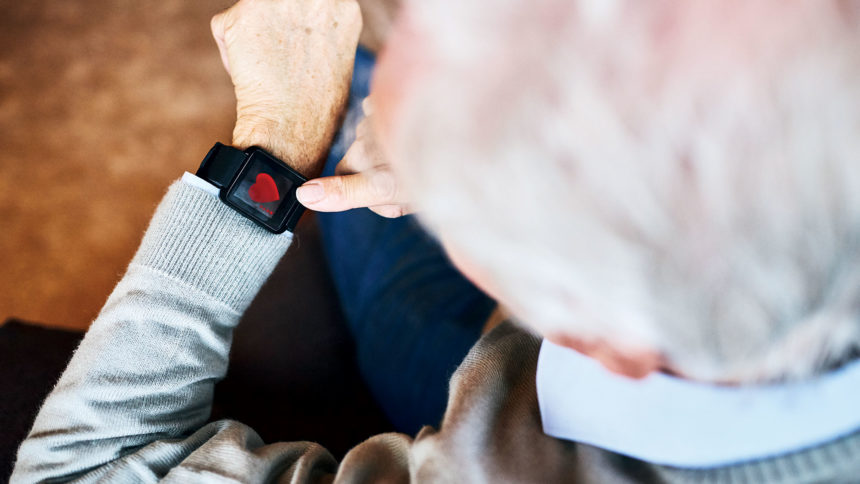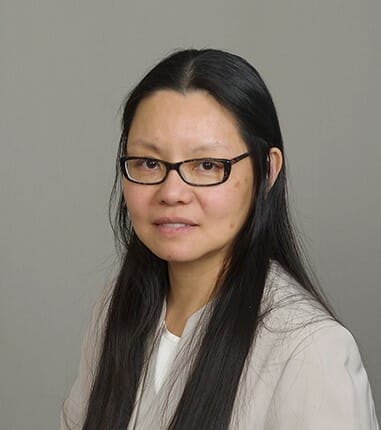
Innovative at-home wearable technology could be on the market in a few years. The Center to Stream Healthcare in Place (C2SHIP) is developing these Fitbit-like devices with help from a $3 million grant from the National Science Foundation (NSF).
University of Arizona engineering professor Janet Roveda is leading the C2SHIP team that includes researchers from Baylor University College of Medicine, the University of Southern California and the California Institute of Technology. Roveda told McKnight’s Home Care Daily the devices will send real-time information to healthcare providers that isn’t being captured now from clinic visits or remote monitoring devices.

“When you go to the clinic or a hospital for a checkup, the tests provide a snapshot in time,” Roveda explained. “Some conditions require continuous monitoring and not just at home, but wherever the patients might be.”
Roveda said she realized the potential of wearable monitoring devices after a conversation with physicians about Fitbits and Apple Watches. While the providers told her those devices captured useful information like blood pressure and heart rate, they couldn’t use the data because it isn’t considered medical grade.
Roveda said the devices the team will be developing will monitor chronic diseases including diabetes. Not only will the devices relay health information to providers, they will also alert patients to potential problems and provide coaching if necessary.
“Patients with diabetes have trouble with ulcers starting on the bottoms of their feet and often those patients don’t feel any pain,” Roveda said. “That’s why we would do continuous monitoring. At the same time, we can warn them that they need some exercise. But they need to be monitored on the amount of exercise based on their temperature and the condition of their wound.”
The wearable technology market is currently valued at $116 billion and is projected to grow to $265 billion within the next five years. The $3 billion awarded by the NSF could spur investment by outside firms. Roveda said C2SHIP is hoping to attract at least another $3 million from technology firms.


